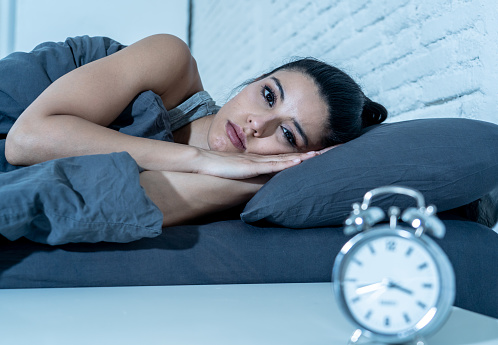Things That Are Likely To Set You Off if You Have Bipolar Disorder
Bipolar disorder is a condition marked by extreme mood swings. One moment the individual will be in a deep depression. The next moment, they experience the maniac side of the disorder. Although the episodes may seem random and uncontrollable, there are often triggers individuals can avoid to keep their moods steadier. Understanding these triggers can help people manage their symptoms better so they are less likely to trigger a destructive period of mood swings that negatively impact their lives in numerous ways.
Five Things Likely to Set Off a Person With Bipolar Disorder
Struggles with mental health issues like bipolar disorder can become challenging to treat. Some people attend rehab centers because they cannot function normally. The following are some of the top five things that can set off someone with bipolar disorder.
Sleep Disturbances
Proper sleep is necessary for everyone but is especially critical for those with bipolar disorder. Sleep disorders can trigger mood switching. Sleep loss is the most common trigger for manic episodes in most patients. For some bipolar patients, interrupted sleep leads to depression. Women more than men report sleep disturbances causing mood switching. Practicing good sleep hygiene is one of the hallmark methods of keeping a balanced mood.
Negative Life Events
Interpersonal conflicts, relationship problems, and financial stress are all negative life events that can trigger mood problems in those with bipolar patients. Negative life events trigger the depression side of bipolar disorder. Unfortunately, people cannot avoid all negative life events. Bipolar disorder patients must have a plan in place to handle negative life events as they occur. Get friends and family involved to offer support.
Drug and Alcohol Use
Drug and alcohol abuse are widely known for triggering manic episodes. Most people know heavy and ongoing abuse is dangerous. Even minor experimentation can bring on problems for those with bipolar disorder. Those with bipolar disorder will find alcohol and drugs make them go lower if they are depressed and higher if they are in a manic episode. Bipolar patients must avoid drugs and alcohol to protect against mood swings.
Seasonal Changes
Some people are affected more by seasonal changes than others. Even people that do not have bipolar disorder may develop depression when the days grow shorter and there is less sun. Winter is especially challenging for people with bipolar disorder. Manic episodes are more likely to occur in the spring and summer for most people.
Reproductive Cycles in Women
For women, their reproductive cycles can have a significant impact on their moods. Up to 68% of women surveyed say they develop more mood swings during their periods. Hormone fluctuations are thought to have an impact on depression and manic episodes in bipolar disorder patients.
Bipolar Disorder Often Needs Professional Intervention
Many people do not realize they need professional treatment for their bipolar disorders until things progress. Some people seek residential treatment centers to help them handle the mood swings that occur with bipolar disorder.
Professional help should never offer a cookie-cutter approach to bipolar disorder treatment. Every patient is an individual and needs to be treated as such.
A significant part of intervention involves counseling. Integrative counseling may involve personal and group options. Those suffering from bipolar disorder need to know the triggers that can impact their moods so they can avoid them whenever possible.




